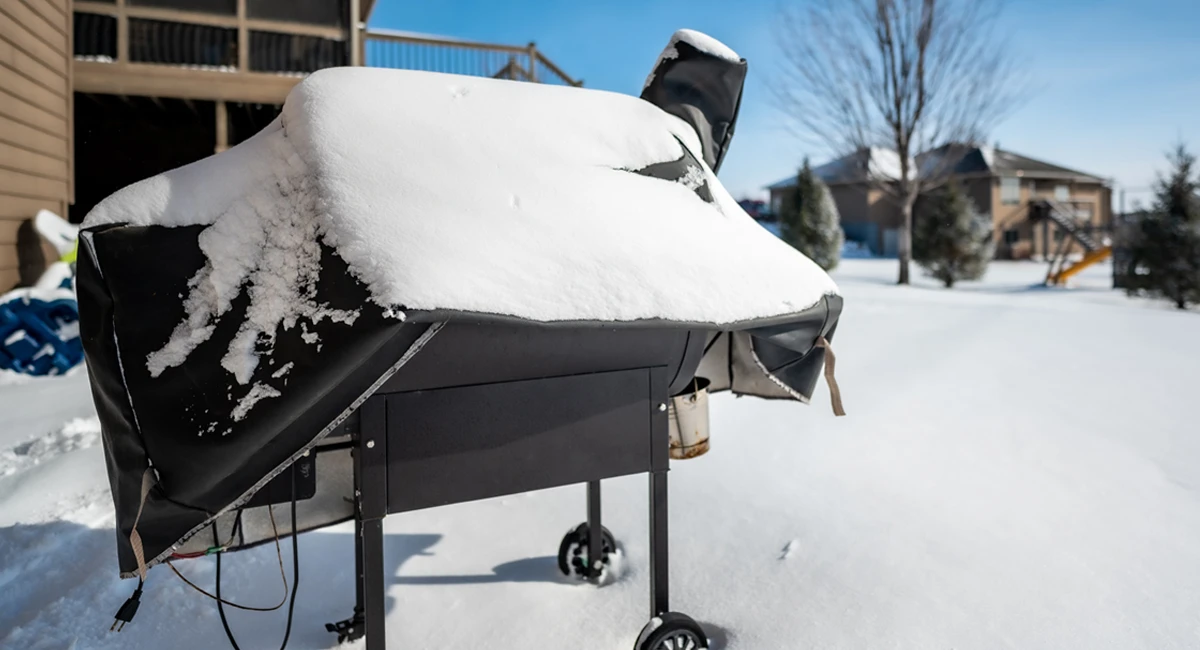
As winter approaches, it’s time to bid farewell to the backyard barbecues and prepare your grill for the colder months. Winterizing your grill is an essential step to ensure its longevity, protect it from the harsh weather conditions, and keep it ready for the next grilling season. Whether you have a gas, charcoal, or electric grill, here are some valuable tips to winterize your grill properly so you can reap the rewards of a good barbeque!
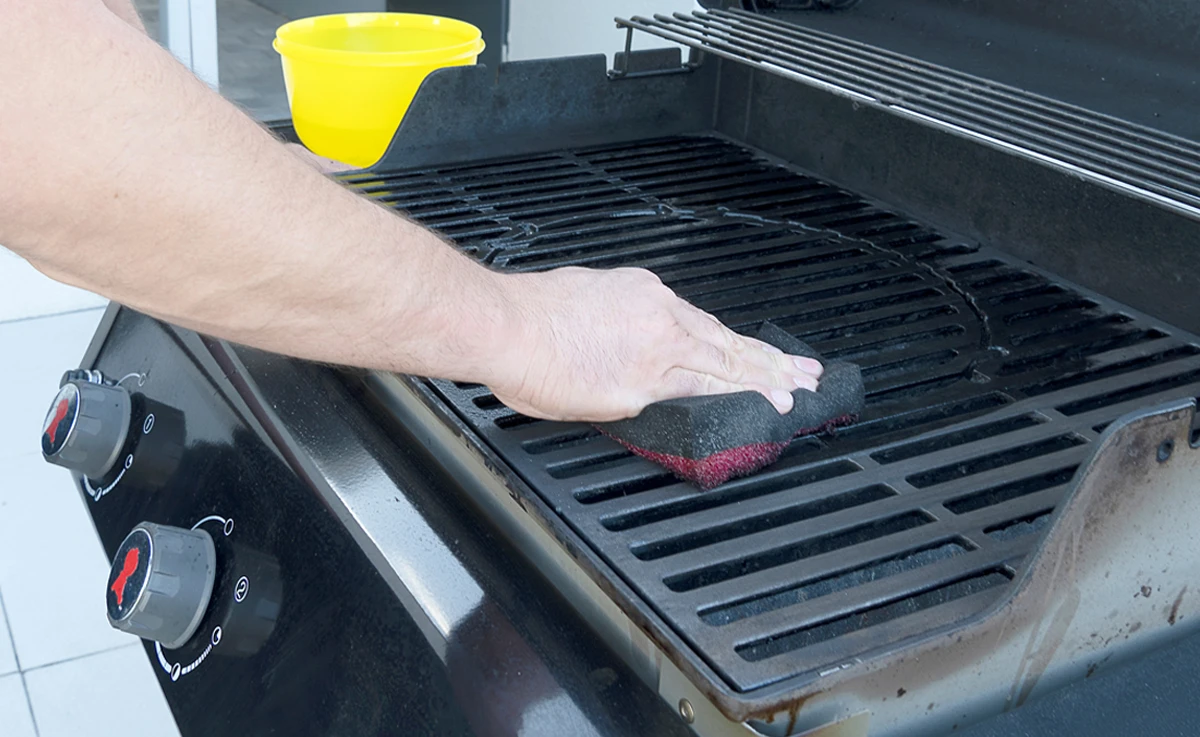
Get Ready to Clean
First things first, you must clean all the grit and grime from your grill’s grates, burners, and grease pans. It is better to do this before the outside temperature starts to drop for easier cleaning. The reason you should clean is simple: to prevent the corrosion of your grill and to prevent rodents and insects from making your grill a new home. Finding mice droppings (or mice themselves) is not the “welcome to spring” you want when you are setting up your grill again. The carbon and food buildup on the grill grates promotes the growth of mold, bacteria, and rust so cleaning is imperative.
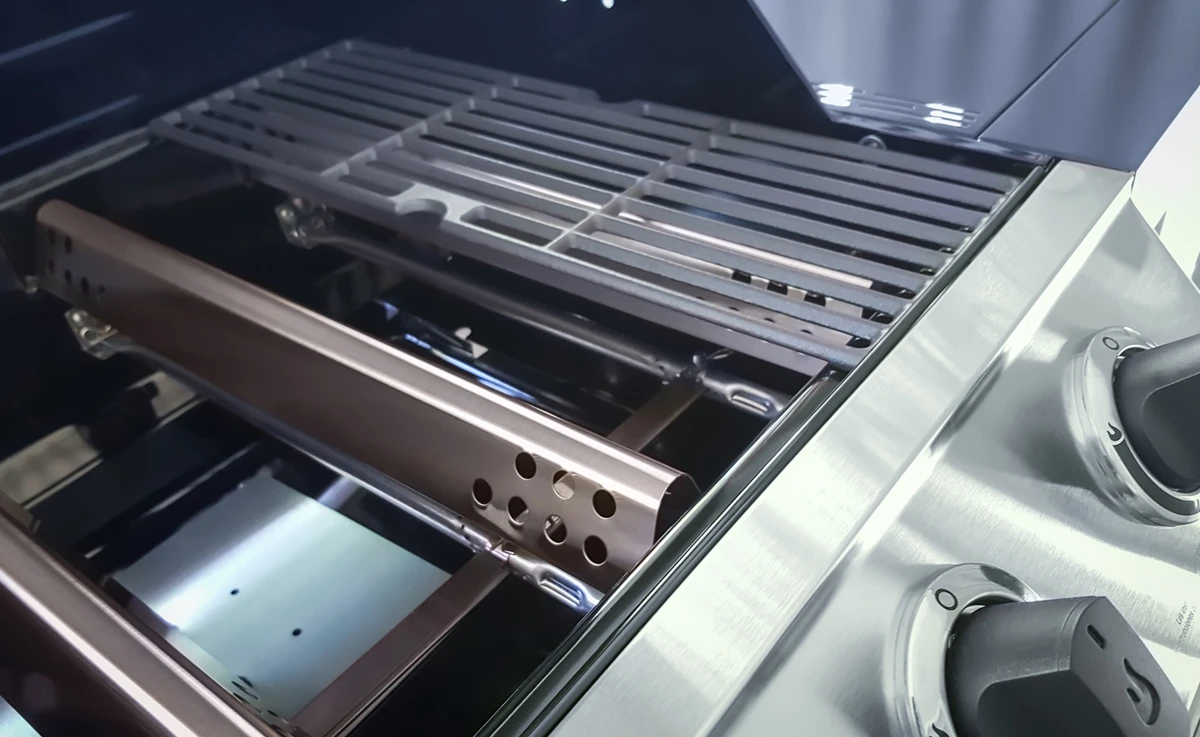
Wrap It Up
Wrap your burners in plastic wrap or plastic bags if you are not going to be using your grill at all during the winter months. This is to keep the spiders out of your grill during the time in between winter and spring. Be sure to take out the plastic before you cook! Melted plastic is not healthy to breathe or easy to clean. You can also wrap your grill’s gas line when disconnected from the propane tank and the hole that feeds the burner’s gas.
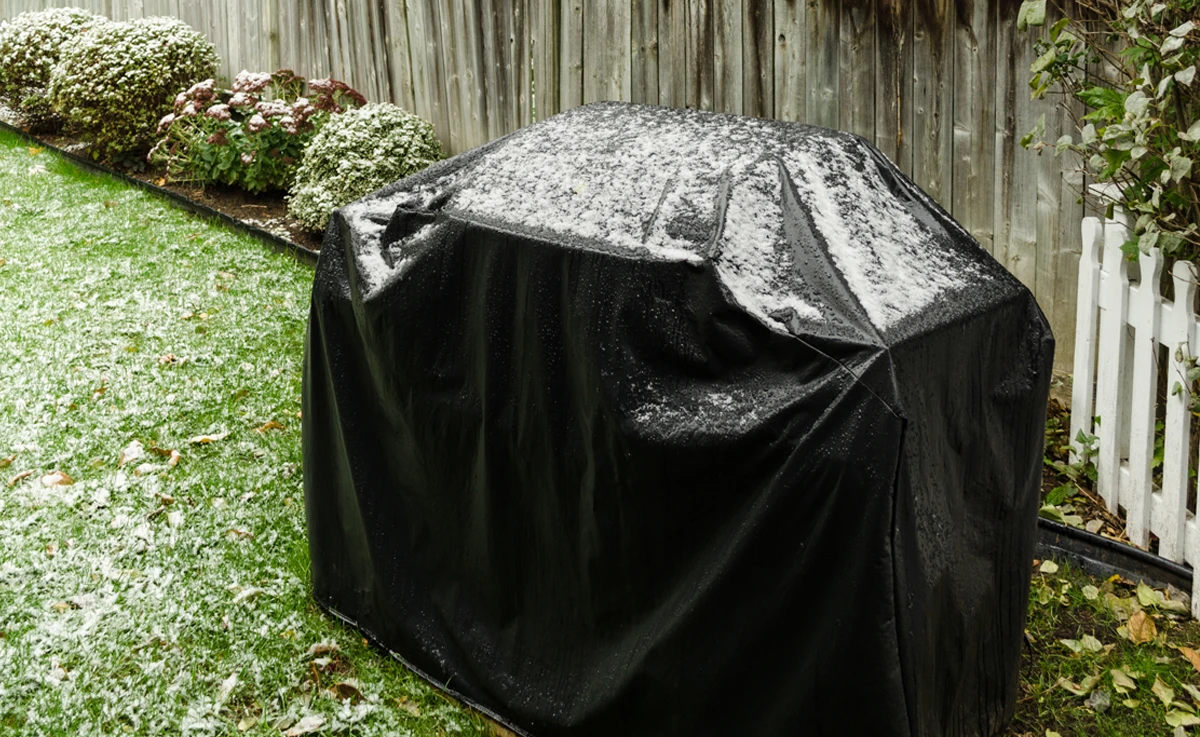
Keep Your Grill Away from the Elements
The best way to preserve your grill’s lifespan is to keep it out of the cold weather entirely. Place your grill and grill accessories inside a shed or garage if you have access to one. If you don’t have inside space or can’t move the grill, buy a grill cover. Even moving the grill under something like an awning is better than no coverage. As a reminder, never place propane tanks indoors, and to prevent the dangers related to gas build up, keep the tanks upright and in a ventilated area. Propane tanks themselves are perfectly safe to keep outdoors, just keep them dry to prevent rusting.
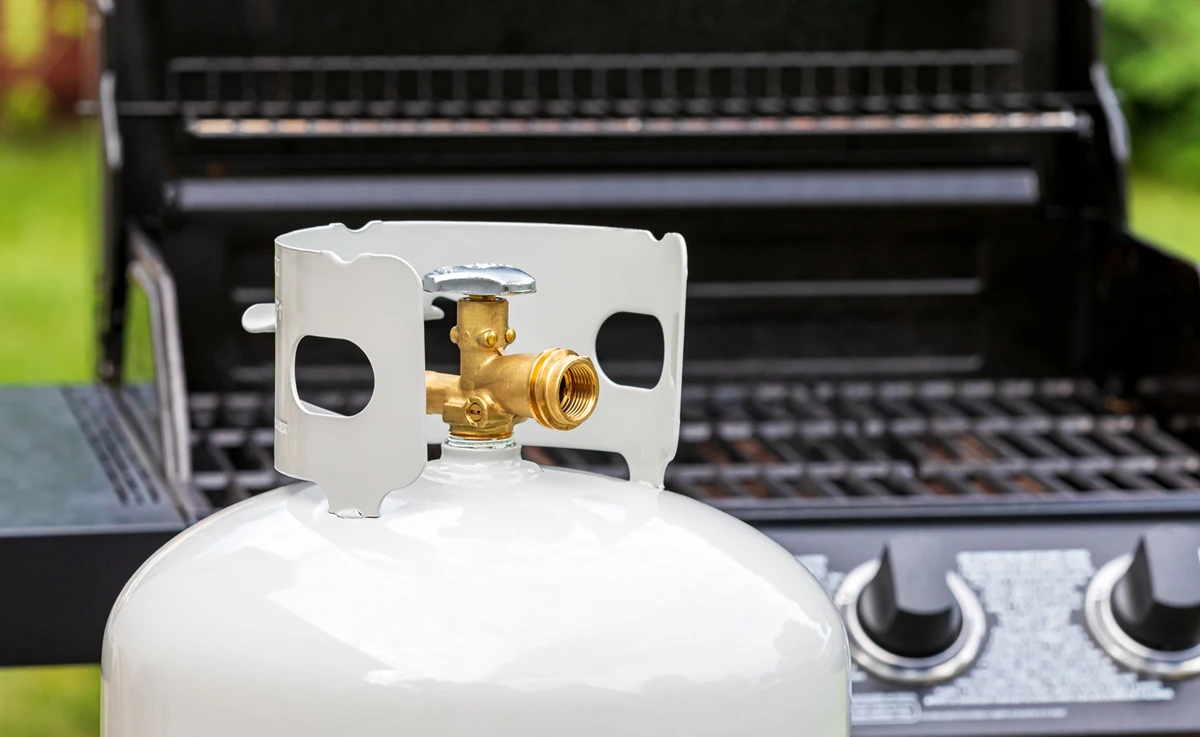
Preventative Maintenance
If you can, move your grilling tools inside with your grill or in your house and out of the harsh winter weather. Keep your tools in a dry location to prevent rust and clean them for a better grilling experience come springtime. If you need to buy new tools do so now before you forget and have to use damaged tools during a barbeque. Check for any seasoning or food you might have in a grill cabinet or drawer as that will attract animals, insects, and mold. You will also want to season your grill grates to prevent moisture from causing rust. Check on the grill a couple times through the winter for mold, especially, because it starts small and grows quickly. This is also a good time to check your propane line for any gas leaks. Mix a solution of dish detergent and water, then apply to the gas line, with burners off and valve off. Apply the solution to the gas valve, hose, and regulator; if you see bubbles your tank has leaks and cannot be used. Call your local propane company as propane tank leaks are extremely dangerous, and best left to professionals.
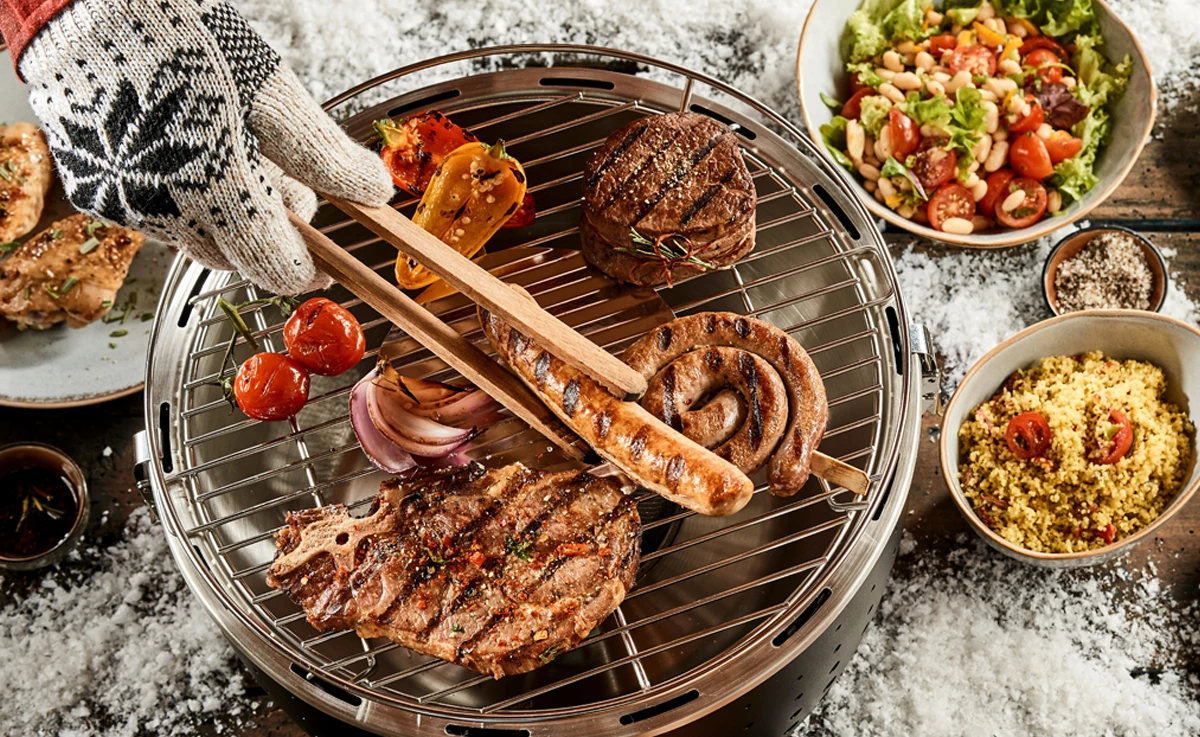
Winterizing your grill is a chore you don’t want to forget until it is cold and miserable outside, so best to get it done early and save yourself the headache that comes with a weather beaten and battered grill. Once you are done getting your grill winterizing affairs in order, you might want to go over how to get your grill on again so you’re ready when the weather improves. Treat your grill right and it will reward you with great events, good memories, and even better food!
